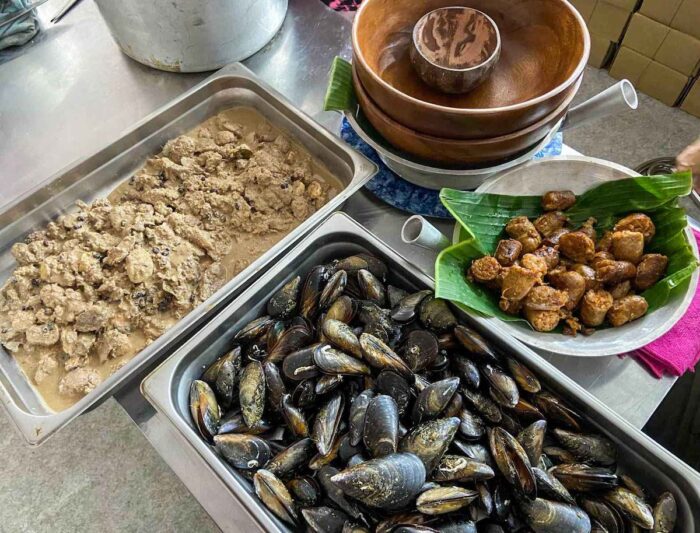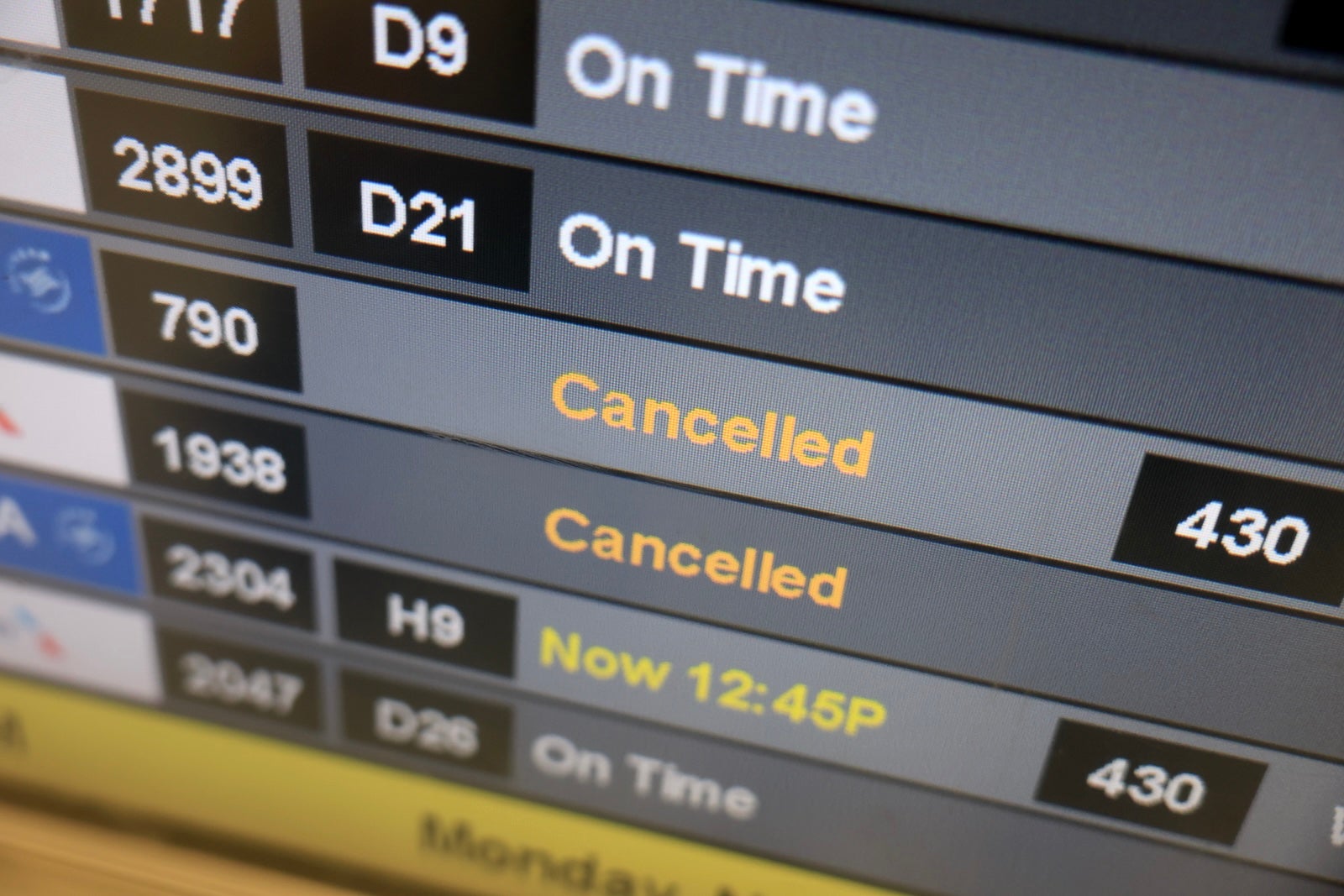For millennia, the forests of Asia and the Pacific haven’t just *been* landscapes – they’ve been life itself. They’ve provided sustenance, medicine, and spiritual grounding for Indigenous communities, a delicate balance woven into the very fabric of their cultures. But this ancient relationship is now a crucial key to a future where food security isn’t a distant hope, but a tangible reality.
Across the region, from the highlands of Papua New Guinea to the rainforests of Indonesia, Indigenous Peoples are the unsung guardians of biodiversity. Their traditional knowledge, passed down through generations, holds the secrets to cultivating resilient food systems – systems that can withstand the escalating challenges of climate change and a growing global population. This isn’t about romanticizing the past; it’s about recognizing the profound wisdom embedded within it.
Consider the intricate agroforestry practices of communities in the Philippines. They don’t simply plant crops; they *orchestrate* ecosystems, integrating trees, shrubs, and animals in a way that mimics the natural forest. This creates a buffer against erosion, enhances soil fertility, and provides a diverse range of foods, ensuring resilience even when single crops fail. It’s a stark contrast to the monoculture farming that dominates much of modern agriculture.
In the Pacific Islands, traditional aquaculture techniques are being revitalized. Communities are restoring ancient fishponds, carefully managing marine resources to ensure sustainable harvests for generations to come. These aren’t just food sources; they’re cultural touchstones, representing a deep connection to the ocean and a commitment to its preservation. The knowledge isn’t written in books, but etched into the collective memory.
However, this invaluable knowledge is under threat. Deforestation, land grabbing, and the erosion of traditional rights are dismantling the foundations of these food systems. When Indigenous communities lose control over their lands and resources, they lose not only their livelihoods but also a vital piece of the puzzle for global food security. The stakes are incredibly high.
The future of food isn’t about imposing external solutions; it’s about empowering Indigenous Peoples to lead the way. Supporting their land rights, recognizing their traditional knowledge, and investing in community-led initiatives are essential steps. It’s about shifting from a model of extraction to one of collaboration and respect.
What’s happening isn’t simply a preservation of culture, but an active shaping of the future. Indigenous communities are demonstrating that it’s possible to feed people *and* protect the planet, simultaneously. Their success isn’t just a local victory; it’s a beacon of hope for a world grappling with unprecedented challenges.
The lessons from these communities are clear: diversity is strength, resilience is built on connection, and true sustainability comes from honoring the wisdom of those who have lived in harmony with nature for centuries. It’s a powerful narrative, one that demands to be heard and acted upon, before this invaluable knowledge is lost forever.






